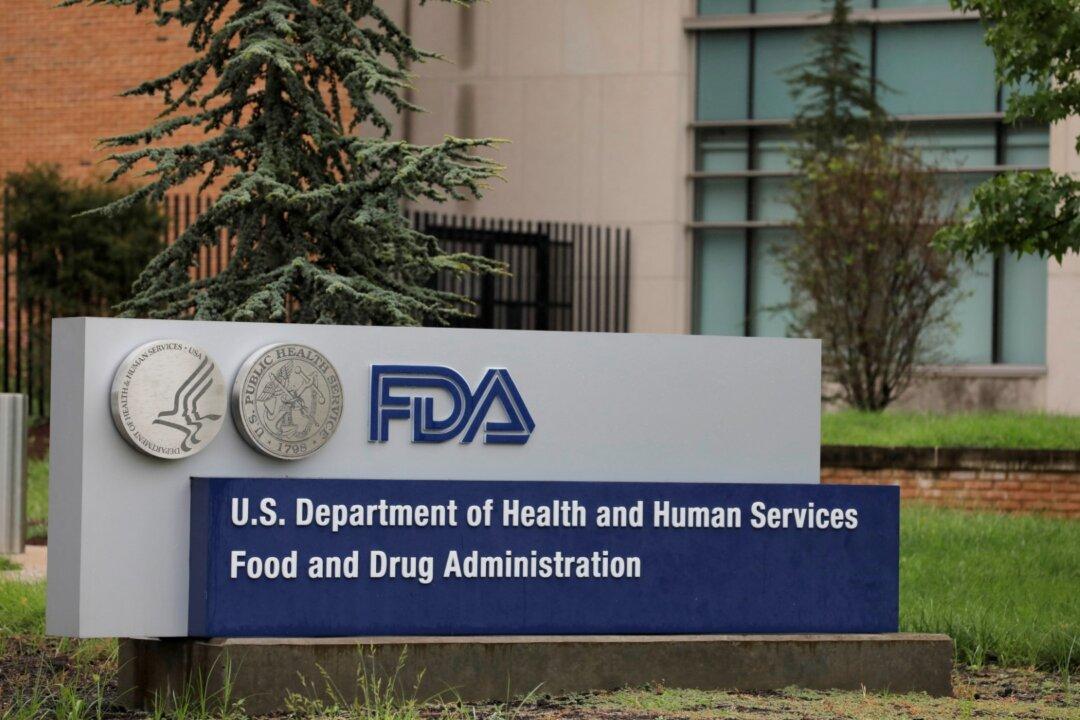A pharmaceutical company confirmed it is recalling a commonly used product due to the presence of a potentially carcinogenic substance, according to an announcement from the U.S. Food and Drug Administration (FDA) last week.
Insight Pharmaceuticals said it is recalling one lot of Americaine 20 percent Benzocaine Topical Anesthetic Spray, an over-the-counter product that is available on a number of websites, including Amazon, and through other retailers. It’s used to stop pain and itching for minor cuts, burns, and scrapes.





